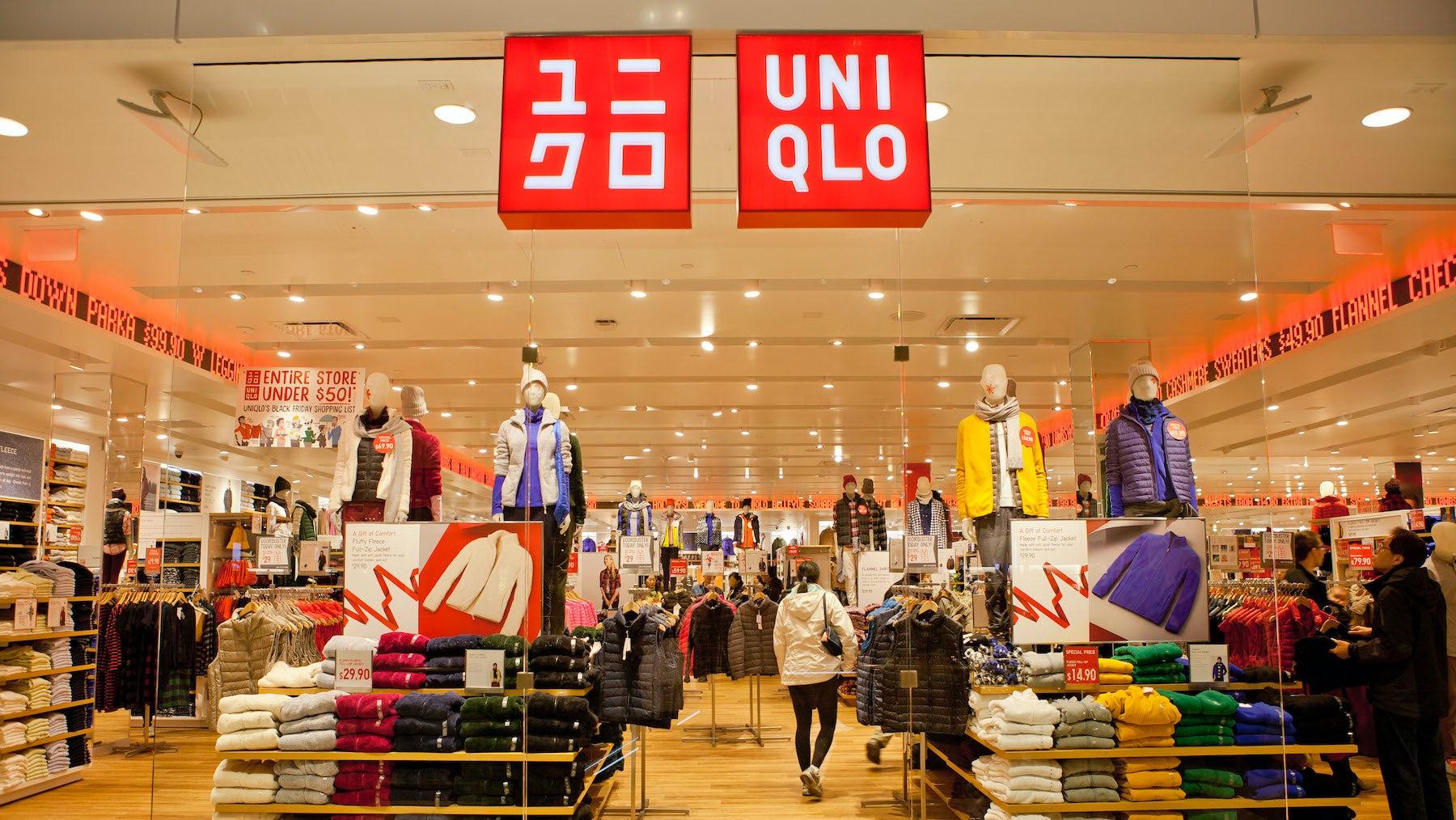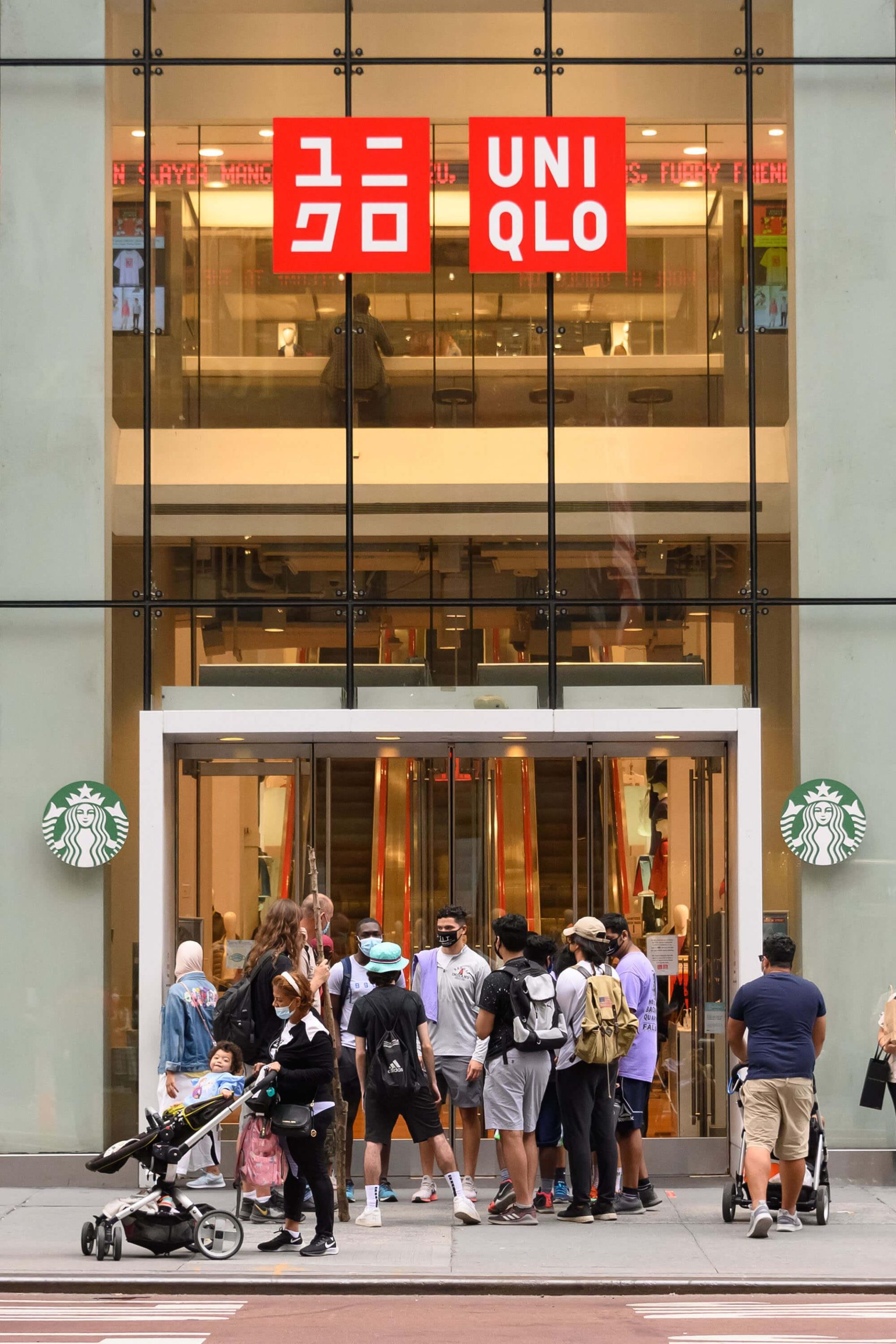Uniqlos Cotton Controversy: Analyzing the Impact on Consumer Sentiment in China
The recent backlash facing Uniqlo in China primarily stems from the company’s statements regarding its cotton sourcing practices, specifically its relationship with suppliers in regions affected by human rights concerns. This issue has sparked intense scrutiny among Chinese consumers, igniting debates online and leading to calls for boycotts. The company, which prides itself on providing high-quality materials, now finds itself in a precarious position, caught between maintaining its ethical stance on sourcing and appeasing a market that is increasingly sensitive to perceived foreign interference in domestic affairs. The reaction among consumers has been swift and pronounced, evidenced by a surge in negative comments on social media platforms and the rapid spread of hashtags designed to amplify dissent against the brand.
As Uniqlo navigates this growing storm, it has become clear that consumer sentiment in China is intricately tied to national pride and perception of foreign brands. Key factors influencing consumer outrage include:
- National Identity: Many Chinese consumers feel a strong loyalty to domestic products and see foreign brands that criticize China as adversarial.
- Social Media Amplification: Platforms like Weibo have allowed negative sentiments to reach a broader audience, transforming individual grievances into widespread movements.
- Brand Loyalty: Once trusted brands can quickly see loyalty erode when perceived as unsupportive of China’s socio-political landscape.
This interconnected web of sentiment reflects the larger geopolitical climate and presents a challenging landscape for Uniqlo’s future in one of its most significant markets.

Understanding the Roots of China-Specific Backlash Against Global Brands
The recent backlash against Uniqlo highlights the increasing sensitivity surrounding global brands’ comments related to contentious issues, particularly those linked to regional and geopolitical tensions. As Western companies strive for greater transparency and ethical sourcing, their remarks can often trigger nationalistic sentiments among consumers. In this instance, Uniqlo’s discussion about cotton sourced from Xinjiang reignited fierce debates surrounding human rights, local pride, and economic fidelity. This incident underscores a growing trend where businesses must navigate a delicate balance between global standards and local sentiments.
Furthermore, this situation reflects a broader pattern of consumer nationalism within China, where backlash against foreign companies can stem from perceived cultural disrespect or political insensitivity. This phenomenon is exacerbated by several factors, including:
- Historical grievances: Lingering sentiments from historical conflicts contribute to contemporary perceptions of foreign entities.
- National pride: A strong emphasis on domestic growth and self-reliance creates a cautious environment for international brands.
- Social media influence: Platforms amplify dissenting opinions, broadening the reach and intensity of consumer reactions.
In navigating these complexities, brands must be acutely aware of how their words resonate against the backdrop of a rapidly changing societal landscape in China. The challenge lies not only in understanding market dynamics but also in recognizing the deep ties between consumer behavior and national identity.

Strategic Recommendations for Uniqlo: Navigating the Complex Landscape of Ethical Sourcing
In light of recent controversies surrounding ethical sourcing, particularly regarding cotton from regions associated with forced labor, Uniqlo must recalibrate its strategy to foster transparent and responsible sourcing practices. Implementing stringent supply chain audits will be critical in demonstrating a commitment to ethical standards. Enhancing collaboration with independent organizations and NGOs can serve as a valuable deterrent against unethical practices while rebuilding consumer trust. This proactive approach not only mitigates risk but also aligns with a growing demand from consumers for greater corporate accountability.
Furthermore, investing in sustainable materials and innovative sourcing techniques will allow Uniqlo to distinguish itself in a competitive market. Transitioning to organic or recycled materials can enhance brand reputation while appealing to environmentally-conscious consumers. Engaging in awareness campaigns that educate stakeholders about the steps being taken to ensure ethical sourcing can significantly improve public perception. Additionally, facilitating open dialogues with local communities and cotton farmers can strengthen relationships and provide valuable insights into ethical practices. By taking these measures, Uniqlo can navigate the complexities of the current landscape effectively and emerge as a leader in responsible fashion.
The Role of Corporate Responsibility in Mitigating Backlash in International Markets
In an era where consumer awareness is at an all-time high, companies like Uniqlo are finding themselves under intense scrutiny regarding their corporate social responsibility (CSR) practices. The backlash arising from Uniqlo’s comments on cotton sourcing sheds light on the importance of transparency and cultural sensitivity in international markets. Businesses must navigate a complex landscape of expectations from stakeholders, particularly in regions like China, where national sentiment can influence public perception sharply. Learning from Uniqlo’s experience, corporations must actively engage in practices that reflect an understanding of local sensitivities, fostering goodwill through genuine commitments to ethical sourcing and labor practices.
To mitigate potential backlash, companies must adopt a multifaceted approach to corporate responsibility, including:
- Open Communication: Regularly share information about sourcing and production practices, engaging in dialog with consumers to build trust.
- Local Engagement: Collaborate with local communities and stakeholders to understand their concerns and values, adapting business practices accordingly.
- Crisis Management Plans: Develop and implement robust strategies to address potential backlash, ensuring swift and effective responses to emerging issues.
By embedding corporate responsibility into their strategic framework, companies can not only protect their brand reputation but also contribute positively to the regions in which they operate, creating a sustainable business model that resonates with global consumers.
